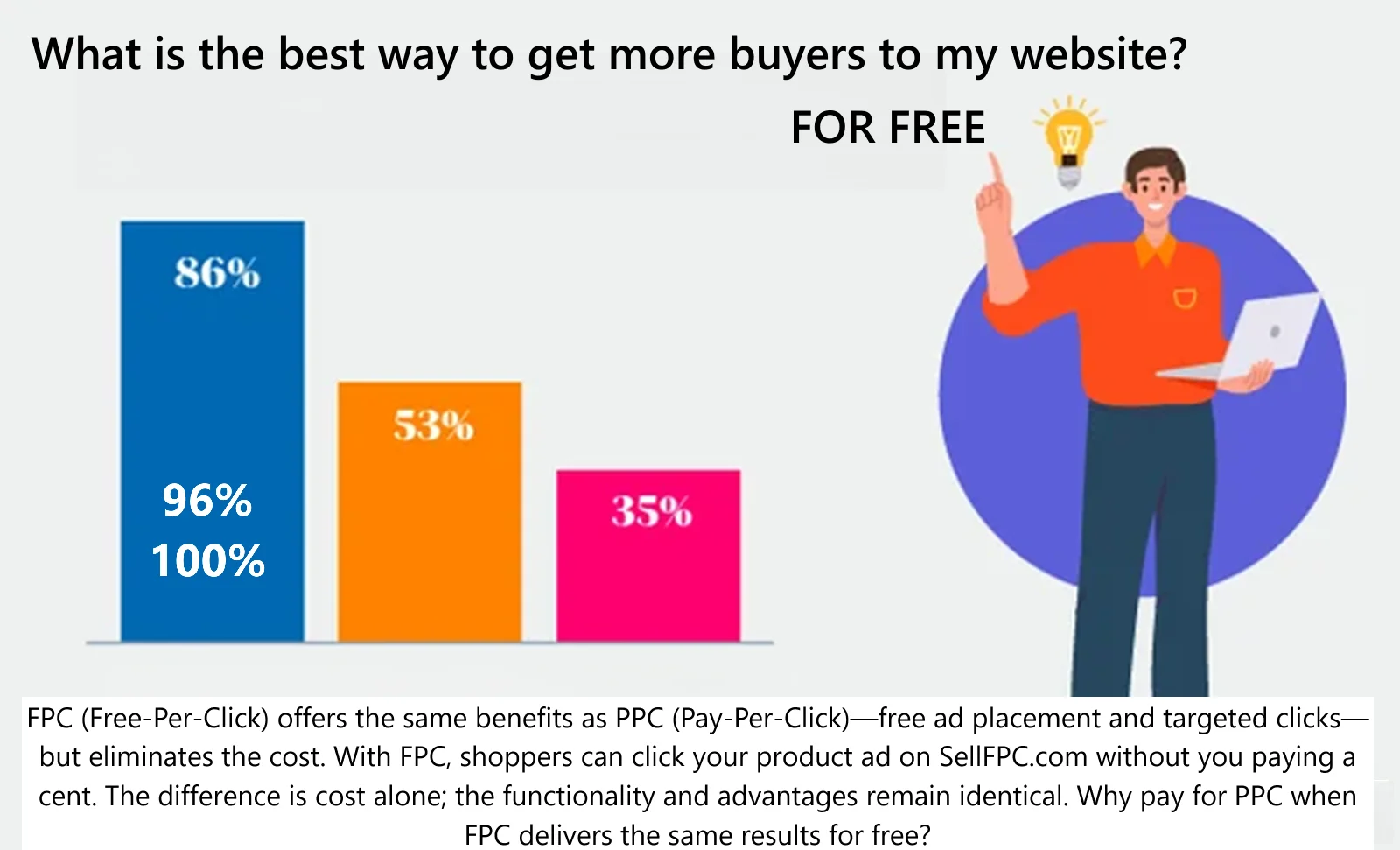
Support
Google hit with $6.6 billion lawsuit over PPC — and this may only be the beginning.
This latest suit follows earlier fines and raises a simple question: are we finally seeing the consequences of a business model that puts profit before fairness? Google once positioned itself as the world’s best search engine — a company driven by product and innovation. Over time, however, it has evolved into a profit machine where advertising, particularly pay-per-click (PPC), dominates the balance sheet.
When a company grows as large and powerful as Google, controversy follows. Powerful tech companies aren’t built purely on genial brilliance; many of them succeed because someone was willing to be ruthless to win the big deals. That willingness can feel like genius to some and like bullying to others. There’s a fine line between strategic boldness and a hunger for dominance that tramples competitors or users.
What worries me is how the economics of digital advertising have warped priorities across the industry. PPC is one of the most profitable businesses ever created, and many mature companies now pour tremendous resources into digital ads. Those profits create incentives to push boundaries — and they also create tolerance for legal risk. Big companies can absorb fines; they budget for them. That makes a $6.6 billion penalty look like part of the cost of doing business rather than a decisive deterrent.
If these recent fines grow into a pattern, they might mark a turning point. Legal and regulatory systems tend to lag behind technological and market changes. But when lawmakers catch up, the consequences could be far more severe than a few headline fines. This $6.6 billion case may be the start of a broader reckoning about how search and advertising should serve the public interest — not only shareholder returns.
Shorter / blog-style version (good for microblog)
Google just got hit with a $6.6 billion lawsuit over PPC — and I don’t think this is the end. Google used to be obsessed with building the best search product. Now it’s focused on building the most profitable ad machine. PPC is wildly lucrative, and when profit becomes the priority, companies tolerate big legal risks — because they can afford the fines. This case could be the beginning of a reckoning: regulators are finally catching up to an industry that’s been running ahead of them.





